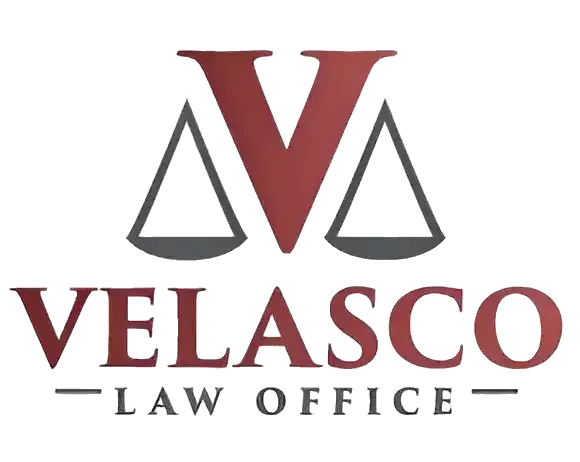What Happens If You Don't Have an Estate Plan in New Jersey?
Estate planning is often overlooked and neglected by most individuals. While it's hard to think about what will happen after we pass away, it's an important matter that shouldn't be ignored. If you don't have an estate plan, your assets and property are distributed according to state laws, which may not coincide with your wishes. In this blog post, we'll explore the consequences of not having an estate plan in New Jersey, what probate is and how it works, and how an attorney can help.
If you pass away without an estate plan, your assets and property will go through the probate process. Probate is the court-supervised process of settling and distributing a deceased person's assets and property. In New Jersey, such proceedings usually take at least a year, but they can often be delayed for much longer. During the probate process, your assets will be distributed according to the state's intestacy laws. These laws list out the hierarchy of potential heirs, which starts with spouses and children, followed by parents, siblings, grandparents, and so on. If you have no living heirs, your assets will go to the state of New Jersey.
If you don't have an estate plan, you may have to pay higher estate taxes. In New Jersey, the state estate tax exemption, which is the amount an individual's estate is allowed to be worth before taxes are imposed, is only $675,000. If your estate is worth more than that, it will be subject to estate taxes. Estate taxes can be as high as 16 percent in New Jersey, which can significantly reduce the amount of your estate that is available for distribution to your heirs. However, with proper estate planning, you can reduce or eliminate estate taxes.
When you have an estate plan in place, you will have more control over how your assets are distributed after you pass away. You can designate the beneficiaries of your assets and property, set up trusts to protect your assets, and name guardians for your minor children. Moreover, if you have a business, you can name your successors and set up a plan for the transition of the business to them.
An estate planning attorney can help you avoid the pitfalls of not having an estate plan. They can guide you through the process of creating a will or trust and make sure your assets are distributed in the way you intended. A good attorney can help you minimize your tax burden by creating trusts or other tax-saving methods. Additionally, if you have minor children or children with special needs, your attorney can help create a plan that meets their unique needs.
In conclusion, it's crucial to have an estate plan in place to protect your assets, minimize taxes, and ensure your family's well-being after you pass away. Failure to have one can lead to your assets being distributed according to New Jersey's intestacy laws, which may not serve your wishes and can result in hefty tax bills. Consulting with an experienced estate planning attorney can help you prepare an estate plan that conforms to your wishes and protects your assets. Take the first step today and contact an estate planning attorney in your area.











